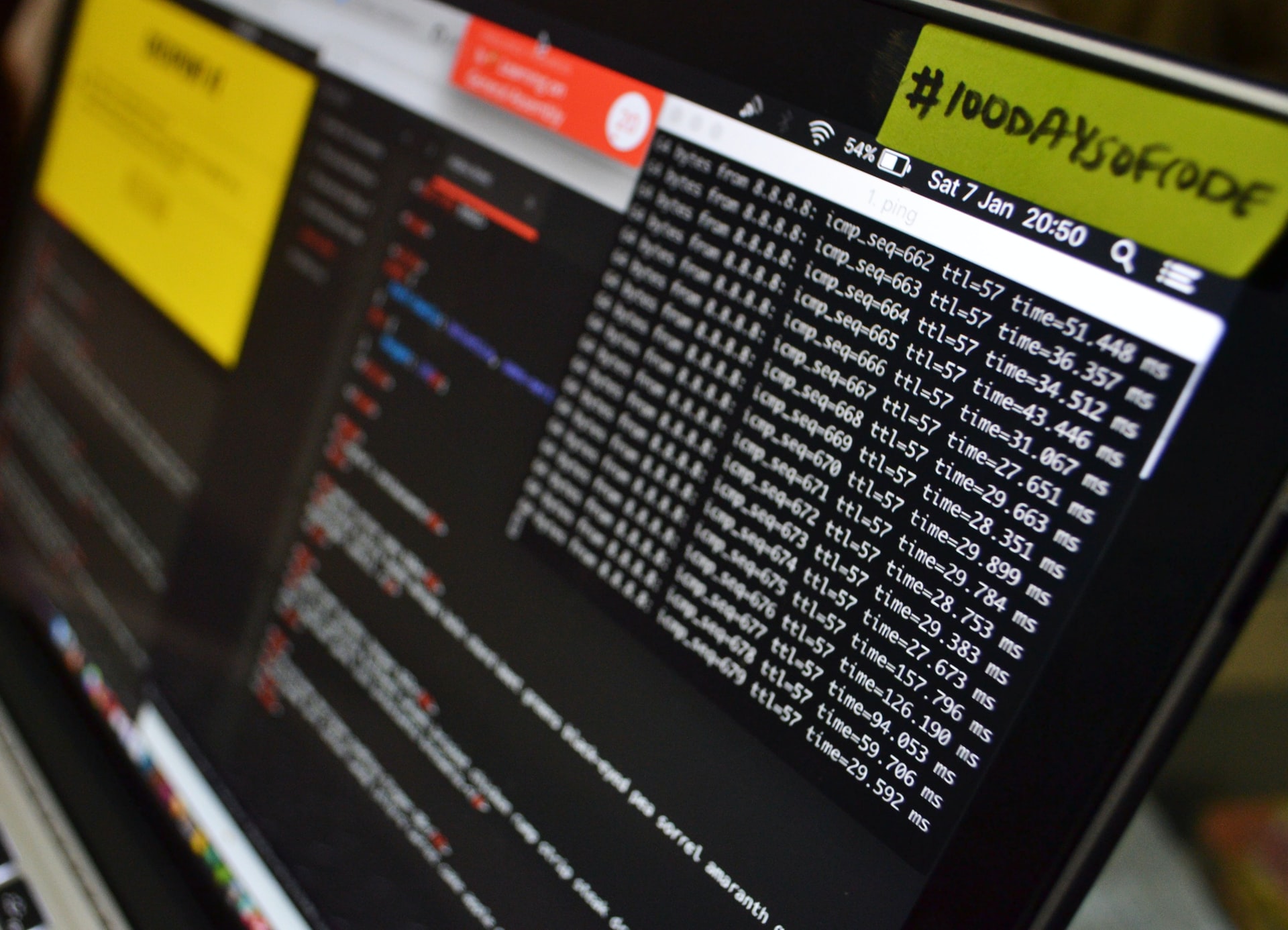Keeping Your Business Secure In A Digital Age
More companies are doing business online than ever before. While this has fuelled incredible gains in customer outreach and profitability, it has, unfortunately, come with new threats to security. Far too many businesses don’t take the threat seriously enough until disaster strikes. Here are just a few simple tactics you can use to keep your business safe from cybercrime.
Quick Links
Research the Terminology
Information technology professionals have a language all their own, and it can be intimidating. There’s a good chance that the average entrepreneur, in spite of being a very intelligent person, will have no idea what an SQL injection attack or zero trust architecture is. It’s outside their comfort zone and doesn’t seem relevant to everyday business processes. Nothing could be farther from the truth. Every hiker, even if they’re not a diehard prepper, should know which plants in the woods are poisonous. Every entrepreneur needs to have a strong awareness of basic digital security threats and their most common countermeasures. Education really is a matter of survival.
Optimize Countermeasures
No two businesses are alike, and this means that any security strategy must be tailored to your company’s specific needs. For example, one of the most common attacks against businesses involves malware attached to emails. A firewall system can be an excellent counter to this specific threat. Does your business have to store a client’s personal data? If it does, then you might want to consider offline data storage solutions such as placing an encrypted disk in a secure vault. Also, be cognizant of update prompts on your business devices. These may contain critical security patches for your operating systems. Analyze your needs and devise a plan accordingly.
Secure All User Endpoints
The modern workforce is becoming increasingly decentralized. This is objectively a good thing. A now-famous study by Stanford University found that remote workers acting on their own schedule were about 13% more efficient than centralized employees. On the other hand, remote workers aren’t using standardized devices and more importantly, they don’t have equal defenses for those systems even though they’re often working on the company network. Enter endpoint security. It’s an approach to protection that emphasizes standardizing defense across multiple user endpoints as well as limiting access to questionable users. Virtual private networks (VPNs) add yet another layer of security for linked devices. In other words, it’s about individual workers taking collective responsibility for digital safety.
Neglect Training at Your Own Risk
A recent study by security company Tessian revealed that 43% of people have made errors on the job that compromised their company’s cybersecurity. The number of people who did so maliciously was dwarfed by those who acted out of ignorance. In fact, the third most common attack on businesses (called a phishing attack), depends on employees being in the dark about security protocols. It involves so-called “social engineers” fast-talking workers into dropping their guard and revealing sensitive information. Teach everyone at your company the names and goals of the most common threats. Show them the difference between a legitimate email and a fraudulent one. Most importantly, develop a straightforward guide to professionalism in phone and text conversations with people outside the company who have inquiries. The chain of communication is only as strong as its weakest link.
Build With Security in Mind
Every business in the world needs some physical infrastructure, even if that’s just a computer in someone’s suburban home. This means that software is only ever as secure as the hardware it’s housed in. Getting an old-fashioned high-quality safe to store devices in after closing for the day is a classic solution that still works. The advent of facial recognition software and algorithms capable of predicting human behavior can boost the effectiveness of video monitoring systems. Biometric security is also becoming more affordable for small businesses, already being incorporated into many devices from bank vaults to smartphones.
Keeping your business secure doesn’t mean giving in to paranoia. All it requires is having greater awareness of the tools and techniques available to keep everyone safe and thriving in the online world.
Top 10 Magento 2 SEO Extensions to Boost Your Store’s Visibility
SEO is the key to a successful store! Have you ever given thought, if your store is simply…
0 Comments12 Minutes
How to Optimise Your PPC Campaigns with AI
As the methods of Internet marketing evolve, Pay-Per-Click (PPC) advertising remains one of the…
0 Comments10 Minutes
Putting Cybersecurity Under the Spotlight: How Security Audits Strengthen Your Defenses
While organizations understand the importance of cybersecurity, there is an opportunity for many…
0 Comments12 Minutes
How Marketing Agencies Can Choose the Best High-Performance SEO Tools
High-performance SEO tools combine comprehensive features, durability, speed, and accuracy. They…
0 Comments9 Minutes
Simplify the Running of Your Business With These Tips
Finding enough hours in the day to tackle all the jobs on your to-do list can be a major issue…
0 Comments4 Minutes
Best SEO Practices for Multi-Location Businesses
Businesses operating across multiple locations benefit from unique opportunities but also face…
0 Comments7 Minutes
Unveiling the 7 Essential Components for an Exceptional Website
Even a beginner can identify what makes a good website, but when it comes to building one, things…
0 Comments8 Minutes
Top Blockchain Trends to Watch in 2024
Blockchain has time and again proved its capacity to redefine many sectors and this prediction of…
0 Comments6 Minutes








